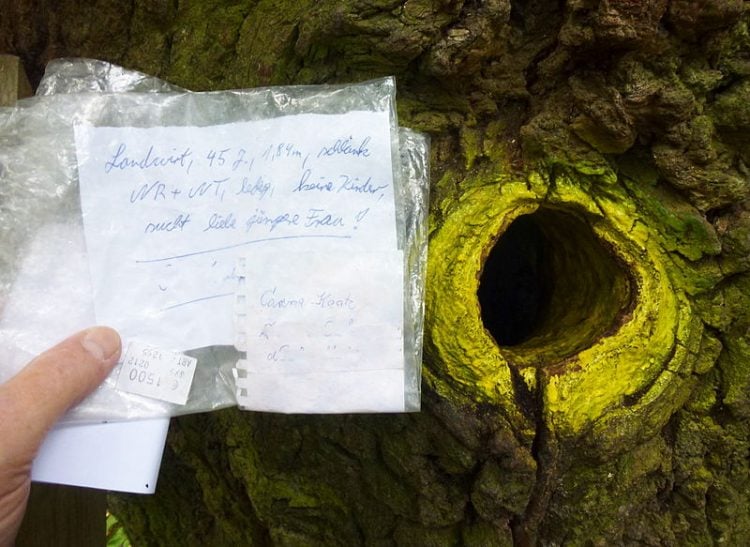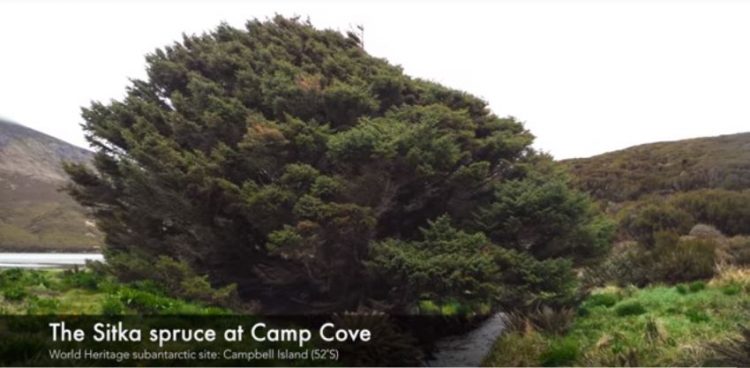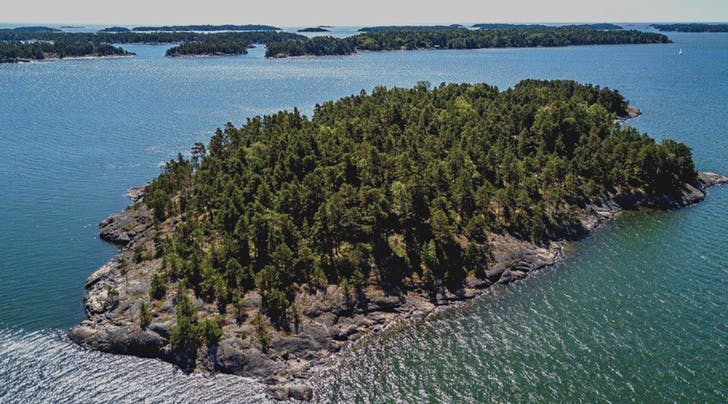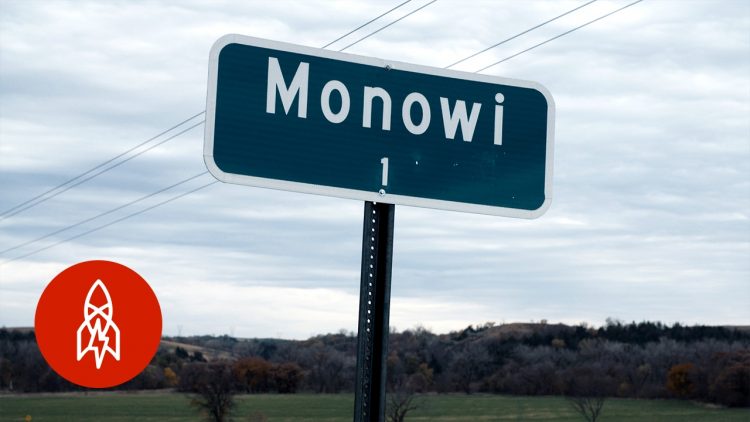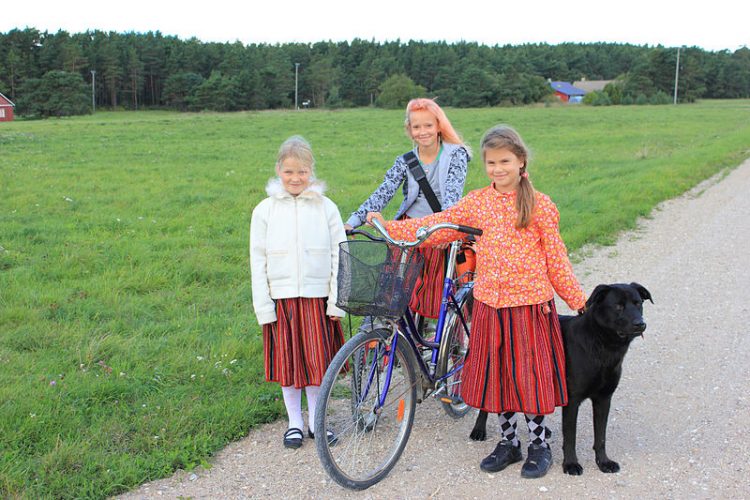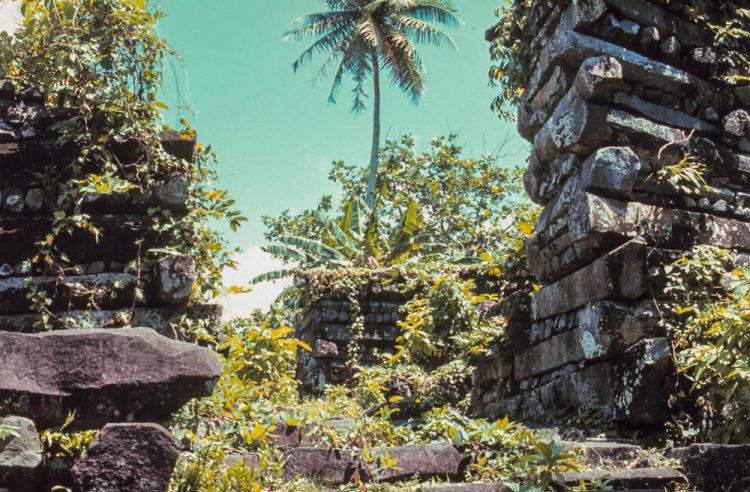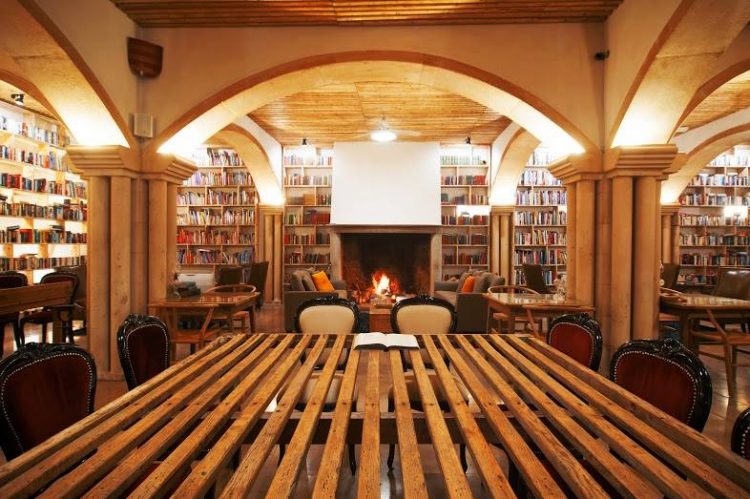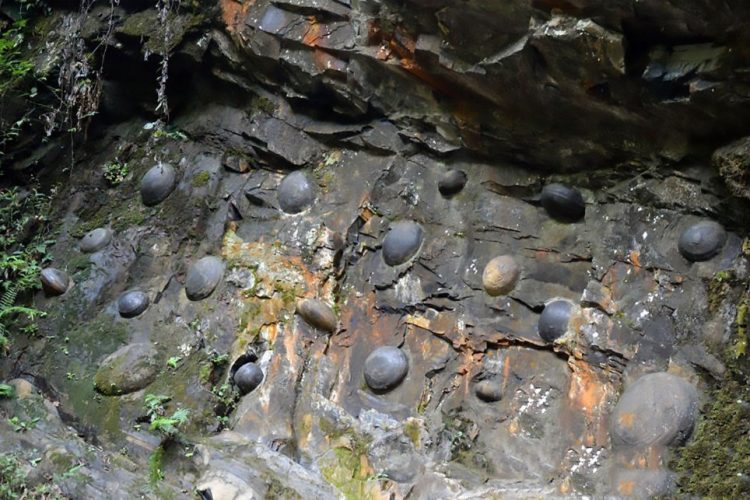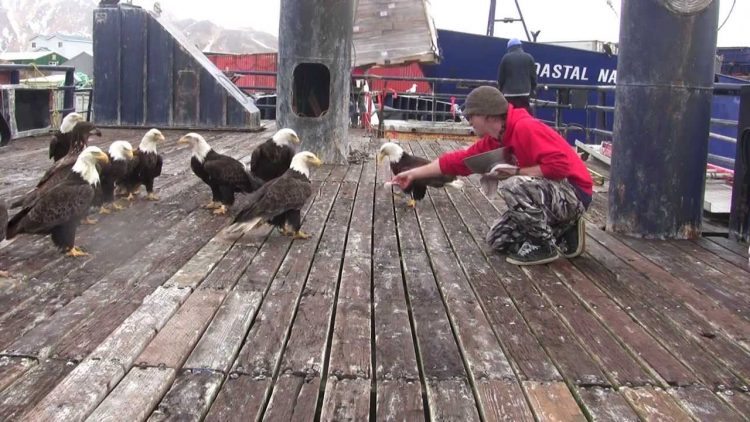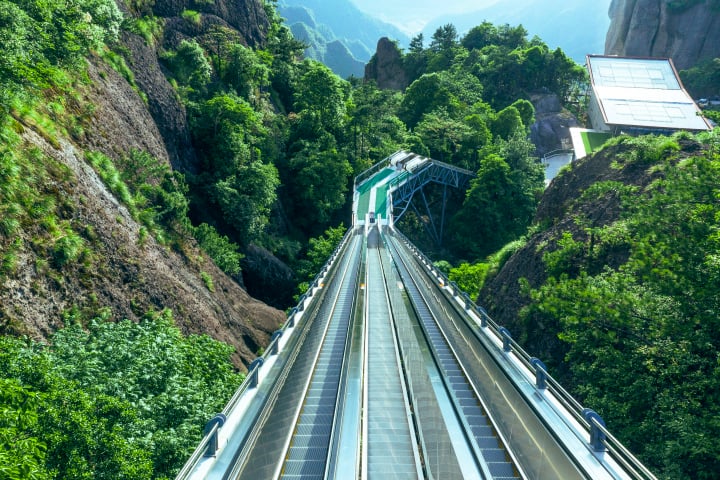The Bridegroom’s Oak, a 500-year-old tree just outside of Eutin, in Germany, has its own postal address and actually receives around 40 letters every day. They are sent by love seekers from all around the world, in the hope that someone will read them and write back.
With so many dating apps and services available nowadays, sending letters to a tree in Germany hardly sounds like the most effective way to find love, but for true romantics, there’s really no comparison. There’s just something undeniably charming about sending a letter and allowing fate to work its magic, so the Bridegroom’s Oak remains very popular even in this digital age.

